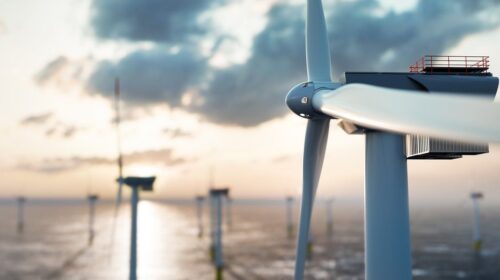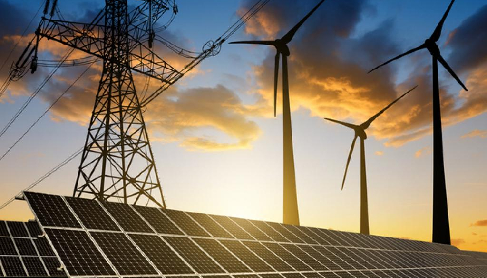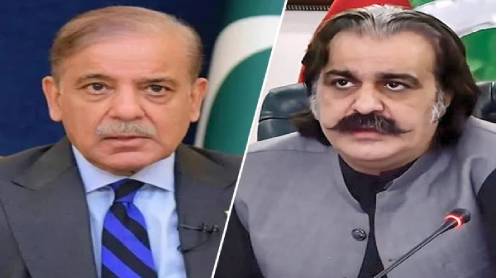The 20th World Wind Energy Conference WWEC2022 was opened yesterday in Rimini, discussing a broad variety of the aspects of wind power utilisation, and with a special focus on how to shape a renewable future in peace.
On the occasion of the WWEC2022, the World Wind Energy Award 2022 has been given to Hans-Josef Fell and Heinrich Bartelt, announced during today’s morning session.
In light of their complementary but indispensable contributions, the award has been given equally to Hans-Josef Fell for his political achievements and Heinrich Bartelt for his decades long work and achievements as pioneer, entrepreneur and NGO representative.
Hans-Josef Fell started to work for renewables already more than 30 years ago, he initiated one of the first (community) solar projects of the world and one of the first municipal solar feed-in tariffs, all in his home town Hammelburg. In 1998 he became a member of the German parliament, where he, together with his ally and friend Hemann Scheer, became the main driver of the groundbreaking renewable energy legislation, which had an impact far beyond Germany.
After leaving the parliament in 2013, Hans-Josef Fell has focussed fully on the Energy Watch Group as an important think tank which provides scientific studies on the global and local feasibility of a 100% renewable energy supply and the importance of community power. He has also been instrumental in revealing the influence of the fossil and nuclear energy lobby in governments as well as in the non-governmental sector.
Heinrich Bartelt has been one of the first pioneers in Germany who installed a wind turbine on his family’s farm, influenced also by his visits to Denmark. He was driven not only by environmental concerns, but also by his vision of a more peaceful and juster world. As he understood that there was no fair remuneration for the wind power produced, he teamed up with others and they started to work politically for better policies.
Accordingly, Heinrich Bartelt became one of the founders of the German Wind Energy Association respectively of its predecessor. He later not only worked as managing director and many years as board member of BWE, but also initiated, together with colleagues from other countries, the European Renewable Energies Federation and WWEA.
In parallel, Heinrich became a successful wind energy entrepreneur, contributing to the practical side of the wind power deployment, focussing always on inclusive and participatory, community based approaches, and supporting generously and practically the associations he had initiated.





